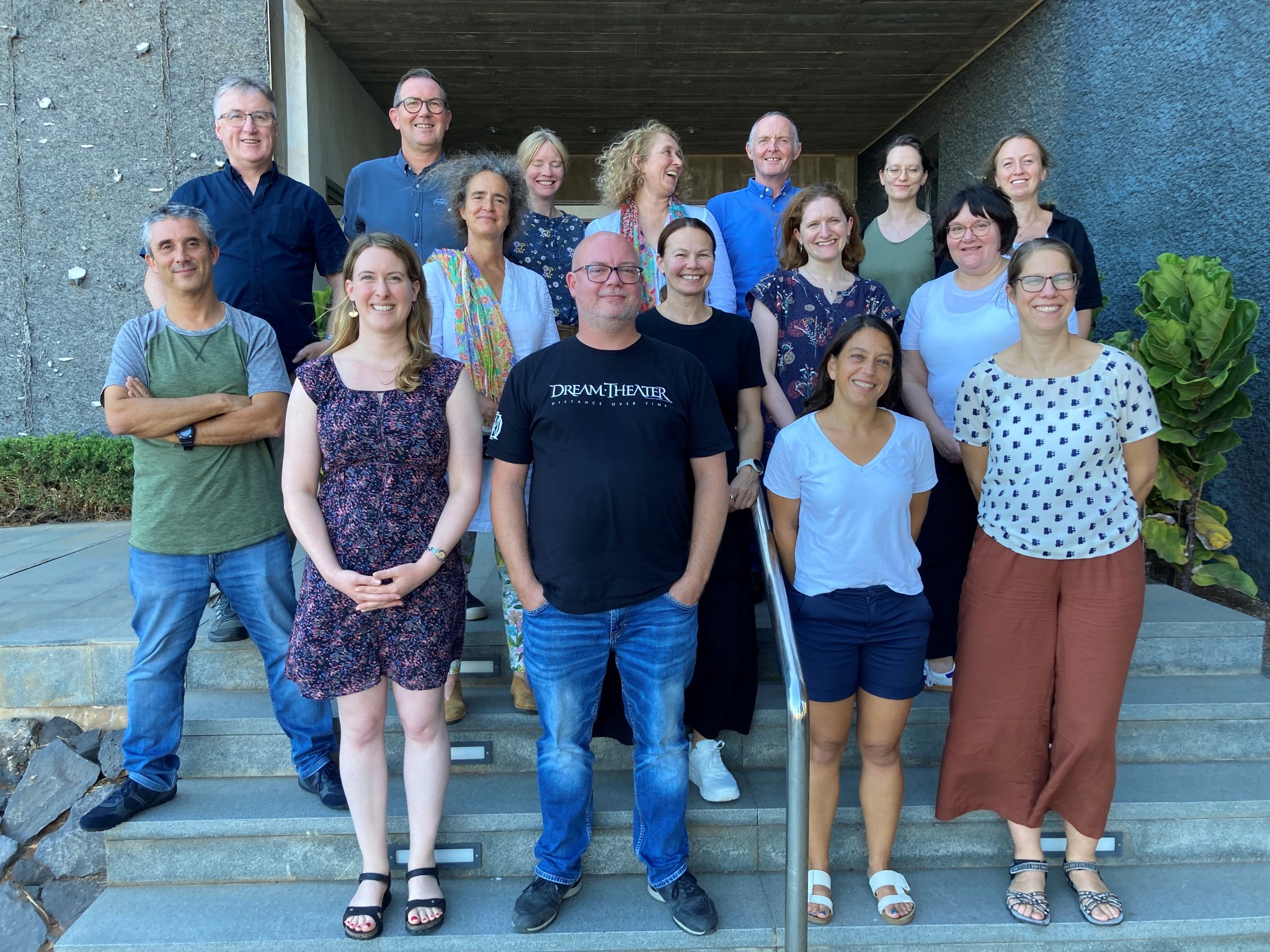OSPAR's group on Changing Ocean Climate and Ocean Acidification
OSPAR's Working Group on Changing Ocean Climate and Ocean Acidification (WG COCOA) met 24 – 26 September 2024 in Santa Cruz de Tenerife, Spain. The meeting was convened by Bee Berx (UK) and Jos Schilder (NL).
Established by the OSPAR Commission in 2023, this group contributes to the implementation of three OSPAR Strategic Objectives, namely:
- To raise awareness of climate change and ocean acidification by monitoring, analysing and communicating their effects.
- To facilitate adaptation to the impacts of climate change and ocean acidification by considering additional pressures when developing programmes, actions and measures
- To mitigate climate change and ocean acidification by contributing to global efforts, including by safeguarding the marine environment’s role as a natural carbon store.
To contribute to these objectives and fulfil the OSPAR 2030 North-East Atlantic Environment Strategy (NEAES), the group has identified six tasks and spent time at this meeting discussing their implementation and expected outputs. In particular, WG COCOA discussed how to further strengthen the ocean acidification monitoring and how to develop climate change monitoring for the OSPAR Convention Area.
The group also reflected on the process of producing the climate change and ocean acidification assessments for the Quality Status Report 2023 and discussed next steps towards the delivery of the next OSPAR assessment on climate change and ocean acidification in 2028. WG COCOA also discussed the monitoring and data streams required to support these assessments. Another topic considered at the meeting was the work towards the development of biological indicators.
The group furthermore discussed how to work on projections of future change to inform risk assessments and policy making, as well as how to strengthen synergy between marine frameworks, such as the EU Marine Strategy Framework Directive (MSFD), and OSPAR’s NEAES. An important basis for this work will be the mapping of international, regional and national marine climate change structures, activities and priorities and WG COCOA started developing a matrix that can guide its work and the work of OSPAR in future.
Several OSPAR groups (ICG-EMO, ICG-EUT, ICG-EcoC) and other organisations (AMAP, OA Alliance) outside of OSPAR also joined the meeting to present their work and to discuss further collaboration with WG COCOA.
The next meeting of WG COCOA will take place in early 2025 where the work resulting from this meeting will be discussed and continued.

